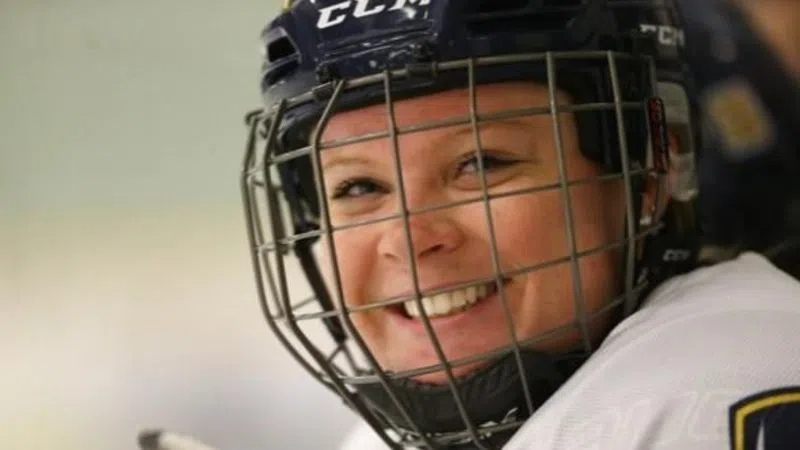
Universities failing to protect athletes from abusive coaches, students say
VANCOUVER — Meredith Goldhawk has loved hockey since she was four.
But she says since a coach at the University of Windsor harassed and bullied her, she can’t even bring herself to play a pickup game with friends.
“Some days I will just sit down and cry because she took so much away from me,” says the 22-year-old.
The athlete is among several across Canada who say universities are failing to protect players from abuse. Students in Ontario, Alberta and British Columbia all say their schools mishandled serious complaints against coaches in recent years.
